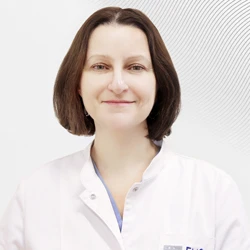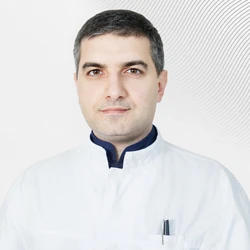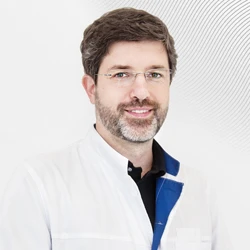To get an idea of what is happening in the intensive care unit, let's try to answer a few questions.
Who is being treated in intensive care?
The majority of patients in the intensive care unit in our clinic are patients after surgery. With simple surgical procedures, monitoring is carried out from half an hour to several hours, and only after making sure that the patient is fully awake after anesthesia, such important indicators as blood pressure, pulse, breathing are stable, and pain is not bothering him, the issue of transfer to a hospital ward is resolved.
After more complex operations, for example, hip replacement or major surgery on the stomach or intestines, the patient is observed and treated in intensive care for about a day or longer, until the condition is fully stabilized and vital functions are restored.
The most severe category is patients with combined injuries, multiple fractures, or serious health problems requiring temporary replacement of the function of various organs and systems. For example, patients with extremely severe pneumonia undergo mechanical ventilation, and patients with impaired renal function require renal replacement therapy, hemodialysis, or other methods of extrarenal blood purification. Patients with extensive heart attacks are given medications that support heart function in very precise dosages using special infusion pumps.
What do they do in the intensive care unit?
Looking at the equipment of the intensive care unit, the question involuntarily arises: is all this equipment really used? For example, let's look at the situation with a patient after a serious car accident. Chest contusion, rib fracture, lung injury – artificial ventilation is required until the chest regains its former frame and the hematomas and hemorrhages disappear in the lungs after impact. Modern devices allow for very precise selection of ventilation modes in order to maintain the patient's independent breathing, rather than completely replacing it. This provides comfort to the patient and facilitates the transition to independent breathing.
To monitor the work of the heart, a heart monitor is used – a device that records a cardiogram in a preset mode, measures blood pressure, pulse, and saturation (the oxygen content in the blood is measured using a beam of light through a nail). If necessary, the depth of the patient's sleep can be measured when the so–called drug sedation is used - artificial sleep. The technique of measuring the depth of sleep is widely used in the operating rooms of the European Medical Center, which makes it possible to tell the patient with confidence that the fear of "waking up during surgery" is unfounded.
Sometimes patients experience chills after surgery. In these situations, a fan heater is used, which blows warm air over the patient, and the tremor quickly disappears.
Some patients cannot eat for several days after a complex operation on the intestines or stomach. In these cases, the first days of nutrition are carried out intravenously with amino acid solutions, which are administered at a certain precisely calculated rate. As soon as the meal is allowed, feeding begins through the probe, or the patient drinks special nutritional mixtures for postoperative feeding on his own. We can monitor the adequacy of nutrition based on a number of tests performed by our laboratory at any time of the day or night.
In case of severe kidney diseases, we perform hemodialysis or various types of filtration with an artificial kidney device. Temporary replacement of a function makes it possible for a diseased organ to restore it after a certain period. In the photo you can see a hemodialysis session in a patient with renal insufficiency.
In some operations, to relieve pain in the postoperative period, we perform epidural anesthesia, when an anesthetic is constantly injected through a thin catheter connected to the nerve roots in the spine. This allows the patient to move freely and comfortably endure the first difficult days after surgery.Thus, the capabilities of our intensive care unit make it possible to successfully treat patients with various serious illnesses, qualified anesthesiologists, intensive care specialists and nurses do everything necessary for a speedy recovery of the patient.
Was this information helpful?
Questions and answers
How to stop dreaming?
Can you tell me if there are any medications that stop a person dreaming? I have been dreaming constantly for a long time, and the dreams are always vivid and emotionally charged. I wake up tired, not wanting to do anything, and I feel only lethargy and apathy. I live in another city.
We have all the tools for an accurate, comprehensive diagnosis, and medical treatment of such conditions, as well as psychosocial rehabilitation, which is critical for returning to an active lifestyle. The support program includes modern methods of diagnosis, regular professorial meetings, and comprehensive
psychological and neurocognitive support. Unfortunately, all the necessary diagnostic and therapeutic interventions can only be done with the patient being present at the Clinic. We are ready to welcome you to the EMC. Inpatient and outpatient psychiatry clinics operate within the multidisciplinary hospital, which creates the most comfortable conditions for patients.
...more 
Rivkina Natalya
09 November 2015
Baby teeth - treat or not?
Baby teeth do not need to be treated, because they will drop out in any case - is it true?
If the teeth are not cleaned properly white carious spots will appear underneath the soft plaque. This initial stage of decay is reversible: with proper hygiene the stain will gradually fade. The next stage is when the defect appears: the integrity of the enamel (the outer shell of the tooth ) is broken and a
cavity appears in the tooth . From this moment caries begins to develop more rapidly since the dentin (the hard tissue of the tooth located under the enamel) is less dense than enamel, and it becomes difficult to clean the teeth properly.
If microorganisms get into the cavity of the tooth where the nerve passes, this will cause pulpitis - inflammation of the pulp of the tooth (the pulp consists of blood vessels and nerves), which may be accompanied by pain, but in the milk teeth is usually asymptomatic.
Pain may occur later, when the nerve has died completely and infection occurs outside the tooth - in the bone. In addition to pain, pulpitis is sometimes accompanied by swelling of the gums, fistulas (channels between the foci of the infection and the gum) and loose teeth .
The pathological process - from the appearance of a white spot to the development of inflammation outside of the tooth root - can be fast and take a few months or last for years, depending on many factors.
To avoid problems with your child’s teeth , you should visit the paediatric dentist regularly. The first appointment with the dentist should be when the child is 1.5 years old. Following on from this there should be regular check-ups every 6 months, or more frequently as directed by the doctor.
...more
Diagnosed infertility - what to do?
I’m 27 years old, diagnosed infertility since 5 years ago, tubal factor and only one working ovary. Have gone through 3 tries of in vitro fertilization, one was stimulated, had no response, in all 3 cases I had only one oocyte. AMH 0,91. Do you think I have a chance for a pregnancy with my own oocyte? Sperm quality
is good.
...more
Yes, of course, you should fight for your oocytes. There is a variety of minimal stimulations: modified cycles, natural cycles etc. If these methods don’t work, so we will think about donor cells. But you must definitely give your ovaries a chance.
Severe cervical dysplasia
I have a transplanted kidney and I was recently found to have severe cervical dysplasia. The biopsy results are not yet back, but the physician says I must have my uterus and cervix removed. My question is: Can I have the operation in your clinic?
For severe cervical dysplasia, usually cervical conization is sufficient. If you have no plans for reproduction, or you already have children, then theoretically you can discuss having a laparoscopic removal of the uterus and cervix, but these decisions should not be made through correspondence. If you have a
referral for an operation in the city where you live, and have the opportunity to come to Moscow, come for a free consultation using "Second Opinion" promotion. If necessary, we can quickly provide operative treatment at a discount.
...more 
Vladimir Nosov
09 November 2015
Emergency's Working Hours
What are your hours?
We are open seven days a week, 24 hours a day, 365 days a year.





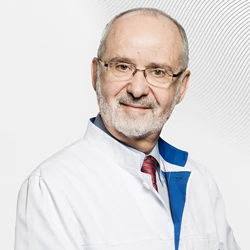
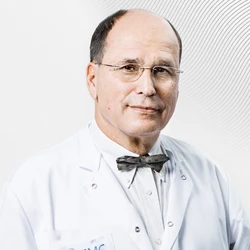
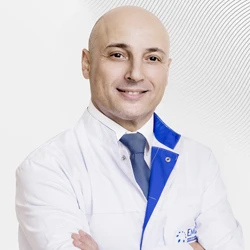

.webp)
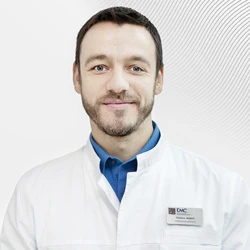
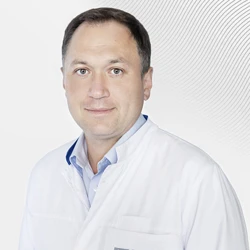
.webp)

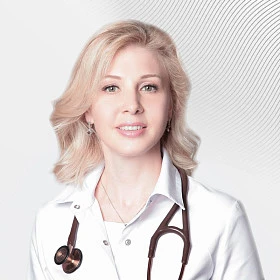
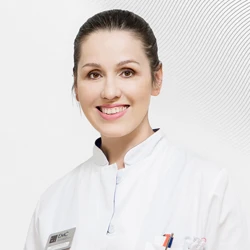
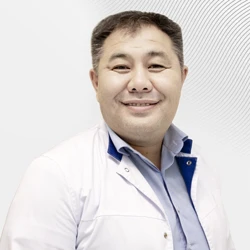
.webp)

.webp)

